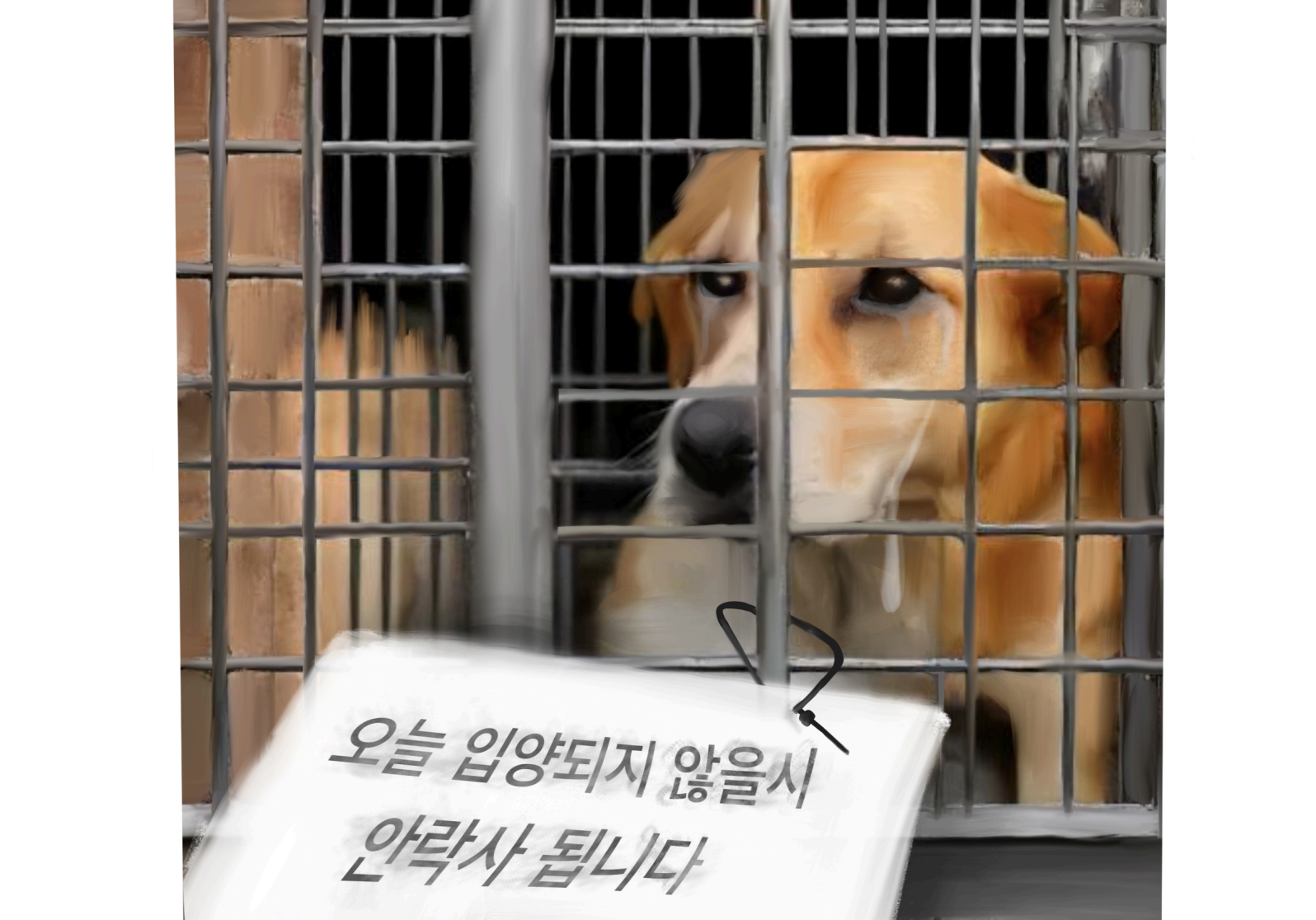
We envision spring as the season of love and warmth, but the pandemic proved otherwise. March 2020 not only symbolized the start of a season, but also the beginning of a new era — the onset of Covid-19. From seemingly trivial events like the toilet paper crisis to significant social movements such as the recognition of racism, these 4-year-old events still continue to influence our present lives.
Today, we uncover one of the many consequences of our actions. “Pandemic Puppies,” or pets adopted during the epidemic, now overflow shelters in Korea as owners exit quarantine. Many label the trend as an innate human response to find a companion.
South Korea specifically reported a noticeable increase in adoption cases during the lockdown. A new social syndrome called the Corona Blue — a sense of depression caused by a lack of social interactions and outdoor time — inflicted a need for something to fill a void among many individuals. Virtual school and work time (재택근무) also gave citizens large amounts of time no one had before the outbreak.
Many netizens deemed Covid-19 as the perfect time for adoption. “There was an increase of young puppies that visited our hospital for primary vaccination during the pandemic. I feel this is correlated to the increase in adoption rates,” veterinarian JinHee Kim said.
However, the increased interest in adoption soon led to exponentially increased rates of pet disownment: Reported abandonments rose from 2,438 to 14,000 in just a year. A staff member at the local Hannah Dog Shelter said, “I obviously experienced the evident influx of the pet market, influenced by the highs of trends. This is the unfortunate reality of the current state.”
Videos of adorable puppies and kittens further fueled this and led many owners to impulsively adopt a pet with little knowledge of the responsibilities, necessities, and commitments required to care for them.
This trend made a significant impact on Korean society. It yielded immense economic gains and popularity to all kinds of industries related to pets from shops, trainers, influencers, to YouTubers.
During this global health crisis, the term “Instagram Pet” (인스타용 애완동물) emerged among netizens to describe animals adopted solely to pull a show on social media. Some owners, unable to handle this self-inflicted problem, abandon their companions on the streets.
Hannah’s Dog Shelter expressed their frustration on the matter: “People take part in these trends and when the heat is over, they give their pets away to their parents, abandon them, and sell them…They don’t understand the value of animals at all.”
With a huge demand, illegal animal breeding centers with unethical conditions loom all around Korea. These furry pals often endure pre-adoption experiences marked by trauma that cause issues that become increasingly apparent over time. With pandemic puppies accustomed to constant human company and little interaction with other dogs, one in five owners reported behavioral problems such as clinginess and high aggression.
“To adopt an animal is to commit to a lifetime together. It entails unwavering love not only when they are young and adorable but also being by their side when they age and ail. With the development of nutritional and medical care, the average lifespan of pets has increased to 13-18 years. The time, effort, and financial availability that will have to be provided over those years must be thought over before adoption,” Kim said.
We must not leave the consequences of our actions unenclosed but instead, face them. For Korea’s now post-pandemic-puppies, we must proactively seek solutions to prevent the repetition of this unfortunate history. Without action, there remains no next March for our furry friends.

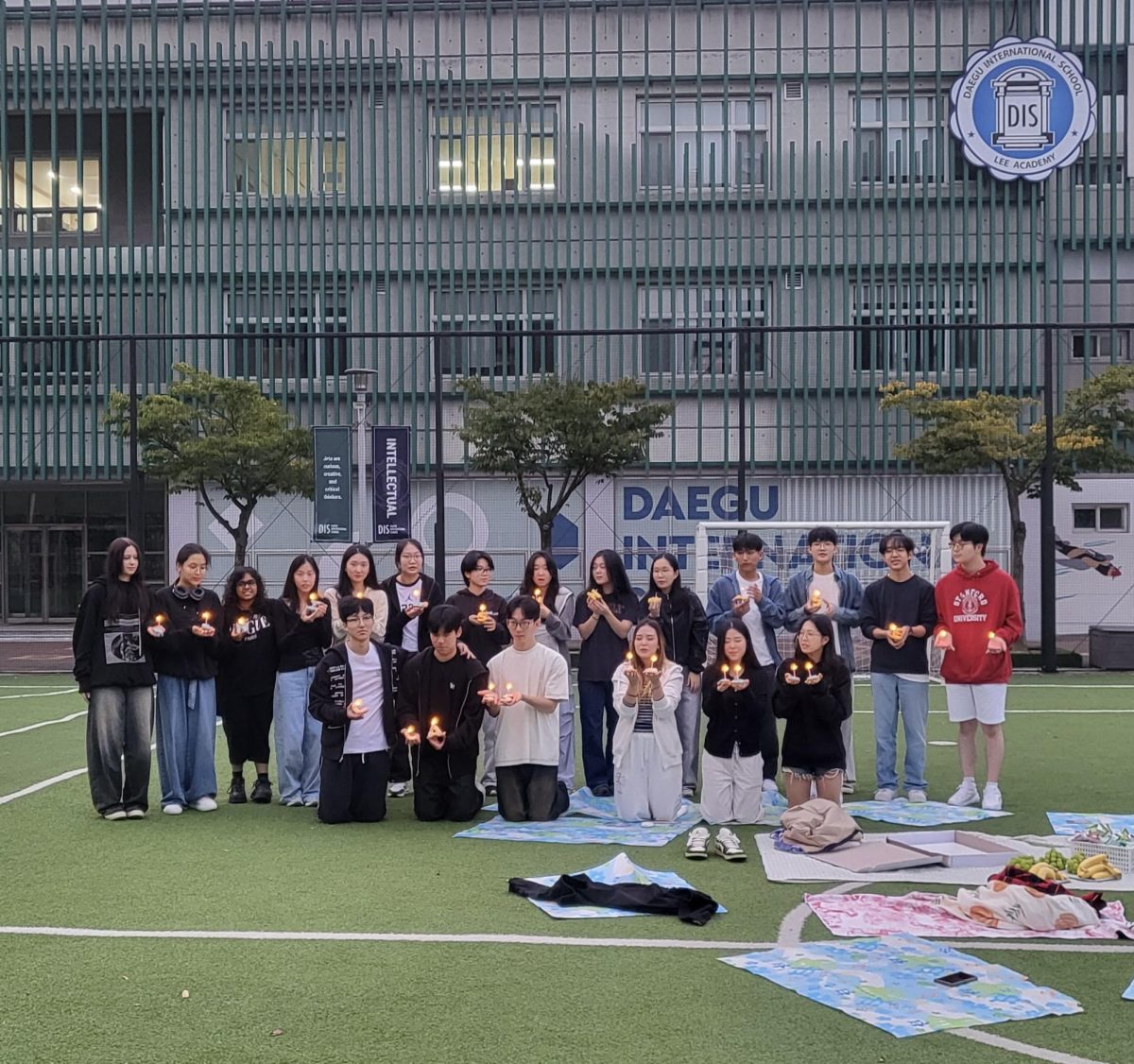











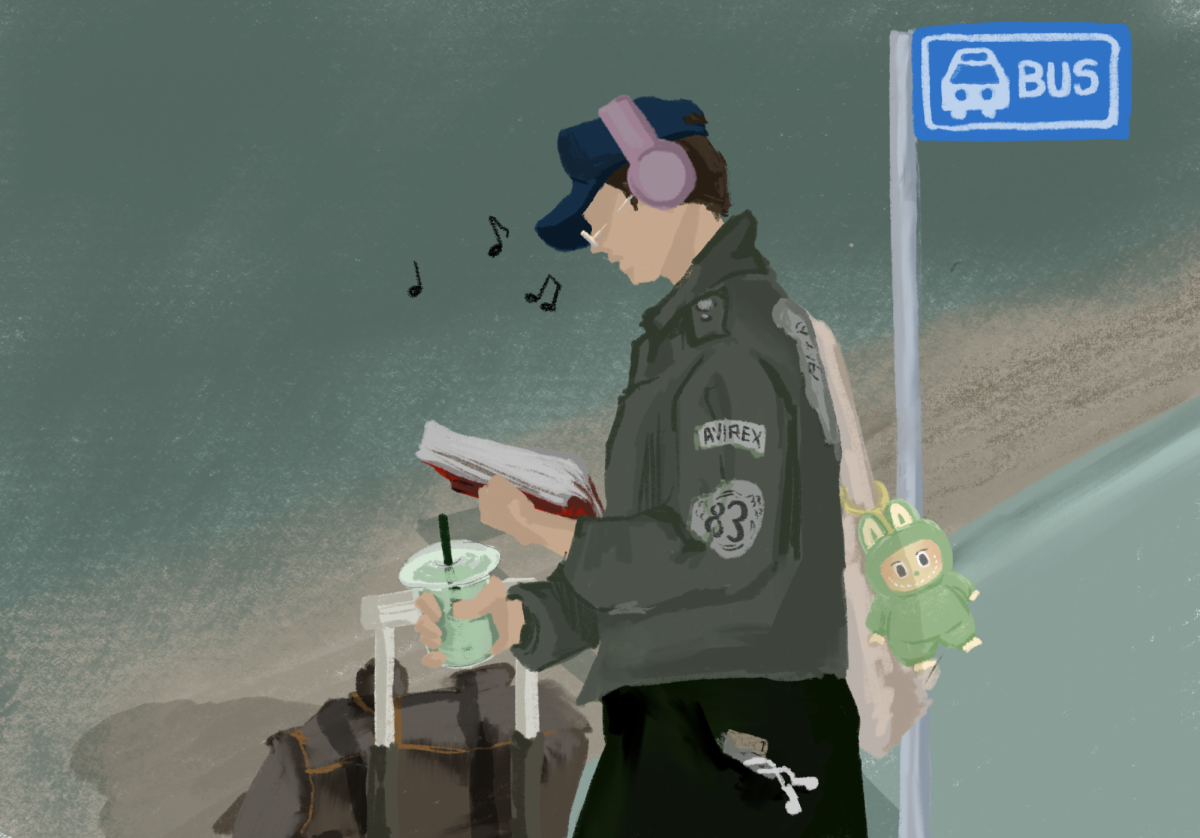


















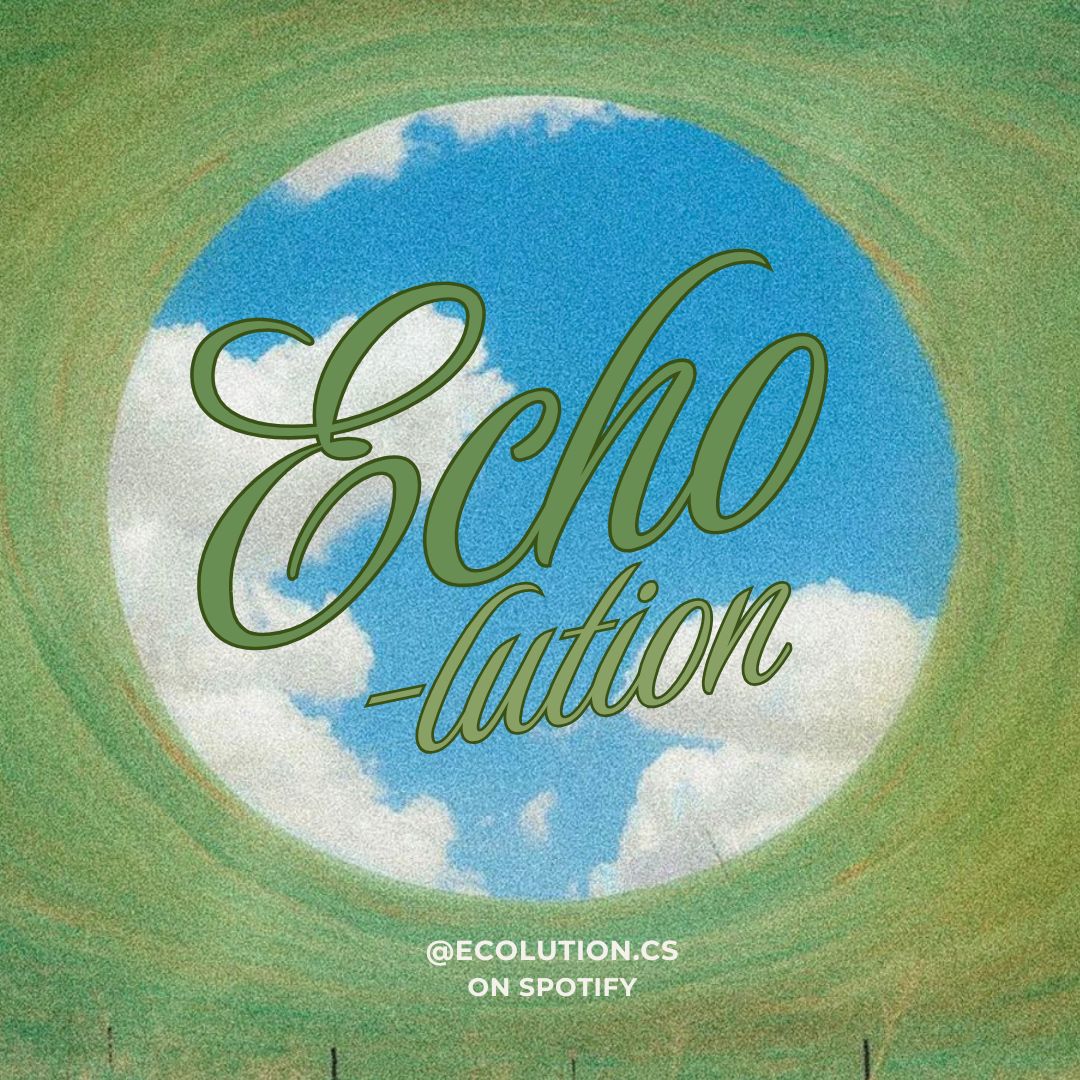


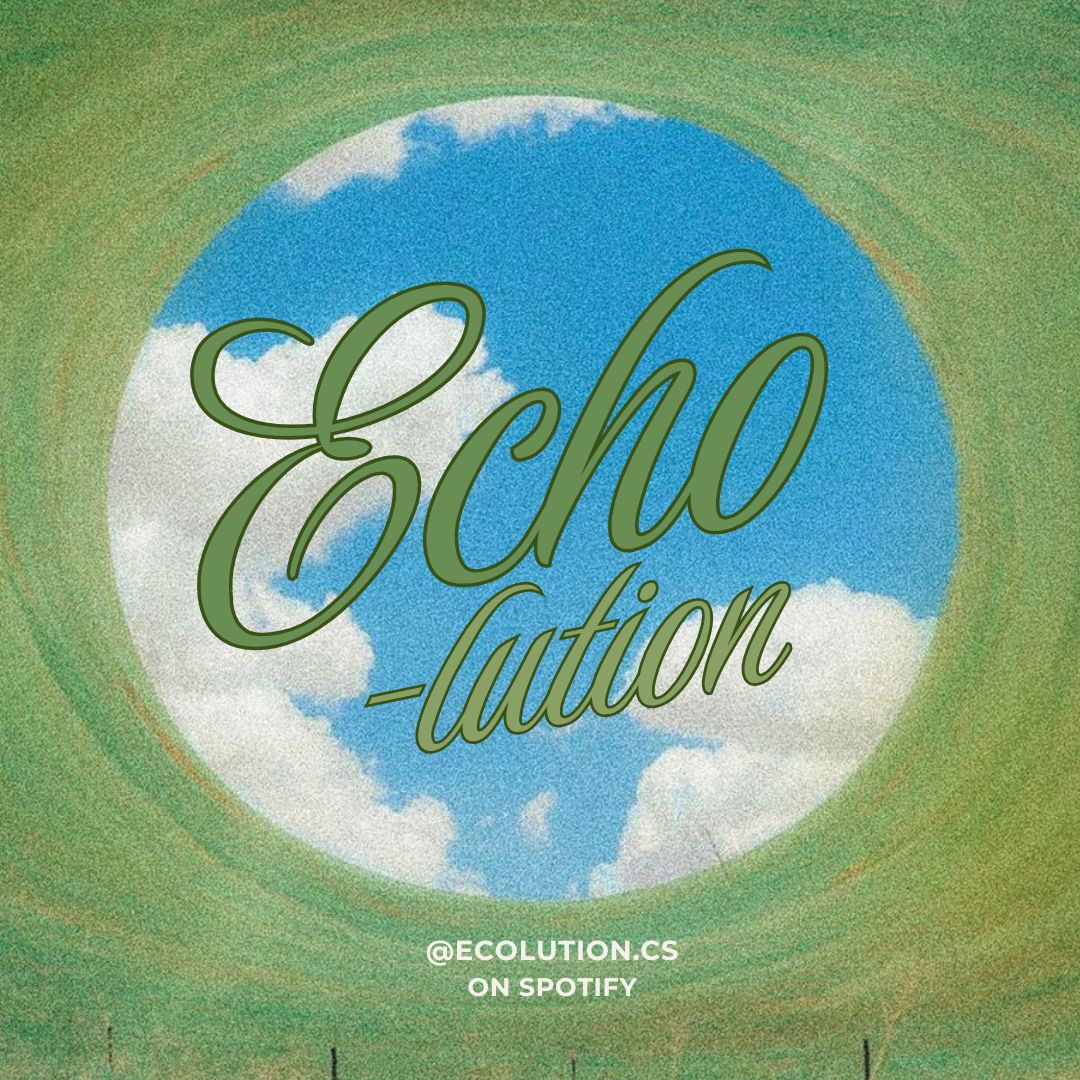

















Yujun Piao • May 30, 2024 at 7:41 pm
As I know, in many of Northern European countries, they enforce a strict regulation in adopting dogs, such as signing paper to never abandon them and owners getting trained. I think similar regulation should take place in Korea!